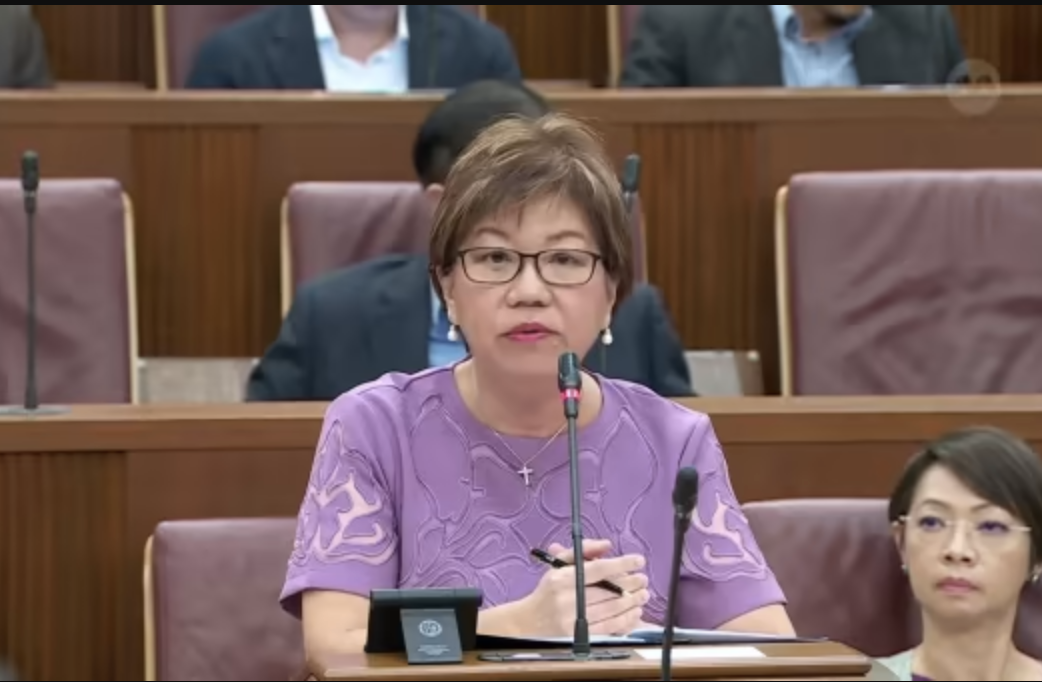On Students with Special Education Needs
Denise’s speech on students with special educational needs (SEN).
—
About 80% of children with Special Educational Needs or SEN attend mainstream schools in Singapore, with more in-school support in recent years, kudos to MOE.
However, the educational outcomes for students with SEN in mainstream primary, secondary and post-secondary settings are currently inconsistent.
Beyond social integration, many need a diet of additional lessons in life skills such as work habits, communications and social skills.
The rest, 20% of students with SEN, are educated in some 20 Special Education or SPED Schools.
Many exit at the age of 18 unless they are assessed to be capable of getting work skills certificate.
I had shared in this House, my view of what a SPED SCHOOL of the Future can look like.
Today I offer 7 further suggestions.
For STUDENTS WITH SEN IN MAINSTREAM SCHOOLS, I urge the MOE to:
1. Put aside resources to study and analyse the educational outcomes of SEN students in mainstream schools in primary, secondary and post-secondary school settings;
2. Develop an Assessment Framework to regularly evaluate if the current intervention approach is providing each SEN student the holistic education that they need;
3. Adopt a holistic Individual Education Plan for each mainstream student with SEN covering not just their academics but also other indicators of student well-being;
4. Tap on expertise in SPED system to systematically address the gaps not covered in the mainstream set up. Provide a budget to make that happen.
To better support STUDENTS IN SPED SCHOOLs, I urge MOE to :
5. Extend the formal SPED School Exit Age to age 21 for all SPED Schools, beyond the current age 18.
The current criteria for staying till age 21 is based on whether one can stay on to get a work skills certification. That ought to be changed.
SPED students need longer learning runways to build vocational and other life skills, for survival especially in this rapidly fast-paced and wired world;
6. Jointly work out and pilot a Lifelong Learning SPED School model with a task force of thinkers cum doers with track record – to create a school like no other in the world.
7. Support SPED Schools in specific areas of need.
Review salaries to attract and retain good staff.
Expand the pool of potential SPED educators by allowing MOE NIE candidates to apply to join SPED schools.
Keep to only very essential and core admin reports and meetings; so that educators and school leaders focus on educating their students.
CONCLUSION. Education for children with SEN has made tremendous progress in the last 20 years in Singapore, thanks to MOE and partners.
I urge MOE to continue to expand its vision to meet the lifelong learning needs of this special community, so they will thrive and not be left behind.
Denise Phua, 28 Feb 2023

